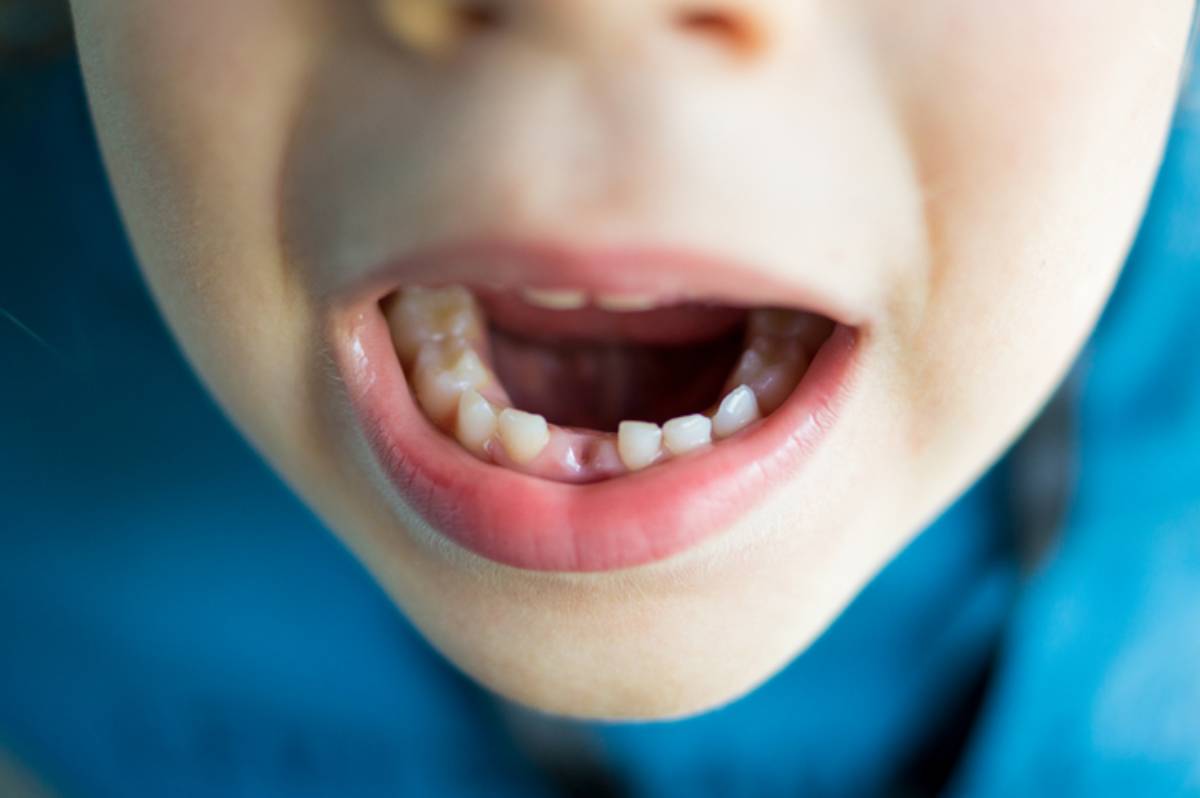An emergency dentist is a specialist equipped to treat conditions that require immediate attention, such as oral trauma, knocked-out teeth, severe tooth decay, cysts, or abscesses. But is a knocked-out baby tooth a dental emergency? In this article, we address this question and give tips on what to do if your child sustains an oral trauma.
Is a Knocked-Out Baby Tooth a Dental Emergency?
Even though a baby tooth will naturally fall out eventually, if it gets knocked out by accident, it is often a dental emergency, because:
- Typically, a tooth gets knocked out due to a facial trauma that can result in damage to the surrounding gum tissue, blood vessels, and underlying permanent teeth.
- The socket might get infected if not checked and cleaned by a dentist.
- Trauma that leads to tooth loss can be accompanied by cuts and lacerations in the mouth that require stitches in some cases.
Because a knocked-out baby tooth can affect the development of permanent teeth, we recommend seeing a dentist as soon as possible. In addition, a space maintainer is often recommended if a baby tooth is lost prematurely, as the other teeth can shift into the space, potentially leading to orthodontic issues later.
What to Do if a Baby Tooth Gets Knocked Out
There are several important rules to follow if a baby tooth gets knocked out:
- Do not try to reimplant the tooth. Permanent teeth can be reimplanted and heal over time, but trying to put a baby tooth back in its socket can lead to damage to a developing permanent tooth beneath the gumline.
- Have your child rinse their mouth with a lukewarm solution of saltwater to clean the area where trauma occurred. Make sure your child does not swish the liquid in their mouth, as this can dislodge the blood clot forming in the socket. Preserving the blood clot is a crucial element for swift, complication-free healing.
- Do not use alcohol or peroxide to clean the child’s mouth.
- To control bleeding, if it occurs, have your child gently bite on a piece of sterile gauze and apply a cold compress to the outside of your child’s cheek. Hold a cold compress for 15 minutes at a time with 30-minute breaks in between applications.
- Make sure your child does not suck on the empty socket, as this can prevent the formation of a blood clot. Also, do not allow your child to use straws for drinking, as they create suction in the mouth that can dislodge the clot.
- Make an appointment with a family dentist. It is preferable to see the dentist the same day to ensure that no additional trauma has occurred. If pain and bleeding are severe, your child feels nauseous or dizzy, or there are lacerations in and around the mouth, visit an emergency dentist right away.
- Even if immediate symptoms do not cause significant discomfort, severe swelling and fever might develop later. Do not ignore these symptoms (they signify infection) and see a dentist immediately.
- Mild swelling can occur after a tooth has been knocked out and persist for a day or two. If it is not getting worse and is not accompanied by other symptoms, such as fever and severe pain, manage swelling by applying cold compresses 3 to 4 times a day and continue saltwater rinses also 3 to 4 times a day.
- Have your child switch to soft, liquid foods for several days to allow the wound to heal.
Visit Valley Alder in Case of Emergency
If your child sustains an oral injury, do not hesitate to schedule a visit with an experienced family dentist at Valley Alder. We are looking forward to welcoming you and your family to our dental office.


